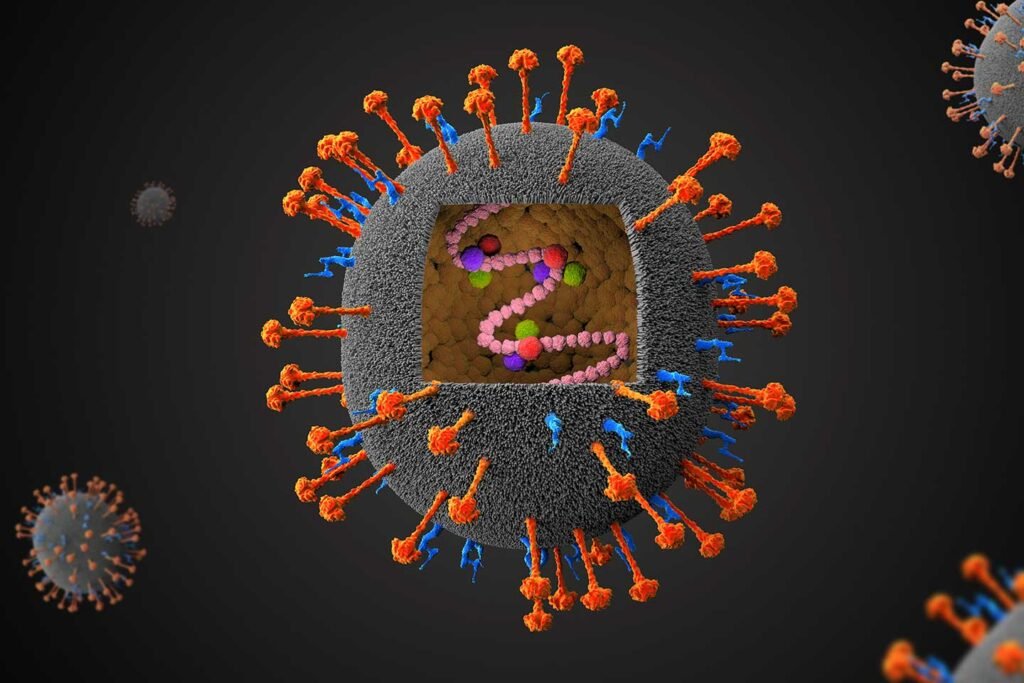Nipah Virus Infection: Nipah virus scare is on the rise after a 12-year old died with the infection of Nipah infection in Kerala. Around 200 primary and secondary contacts of the deceased boy are under observation. Officials said that already two of these have some symptoms of the disease already.
Tamil Nadu authorities are on high alert and have stepped up the vigil in all border areas. Every person arriving from Kerala is being monitored for symptoms. To monitor the arrangements, Coimbatore district collector Dr. GS Sameeran visited the Walayar check post. Here is everything you have to know about the Nipah Virus Infection.
What is Nipah Virus & How does it Spread
Nipah virus (NiV) is a zoonotic virus, which means it is transmitted from animals to humans. It can also be spread through contaminated food or directly between persons. The main natural hosts of this Nipah virus are Fruit bats. In India, species like Eonycteris Spelaea, Cynopteurs, Sphinx, Scotophilus Kuhlii, Pteropus Giganteus, and Hipposideros Larvatus, can spread infections.
Having fluids or food which has been contaminated with saliva and dropping of infected bats can be the main sources for infection in humans.
Consuming animals that have been already infected with bats can also transmit this virus to humans. Human-to-human transmission is also possible through transmitting fluids of an infected person.
Nipah Virus Symptoms
As per WHO, the Nipah virus causes illnesses ranging from asymptomatic infection to acute respiratory illness and fatal encephalitis in humans. Headache, fever, drowsiness, epilepsy, mental confusion are some common symptoms. After the prolonged undiagnosed infection, a person may even slip into a coma.
History of Nipah Virus
Nipah virus was first identified among pig farmers in Malaysia in the year 1999. In India, this disease was surfaced in Siliguri, West Bengal, in 2001 and 2007. This Nipah infection was reported in North Kerala in 2018.
Prevention & Cure
Doctors are suggesting avoiding eating fruits that are visibly bitten by animals or birds. Clean your hands after being in close contact with any person who is not well. Wear gloves and double masking while looking after the sick. If anyone is visiting relatives in hospitals then wear PPE kits. Experts are saying that there is no vaccine for humans or animals who are infected with the Nipah virus.


